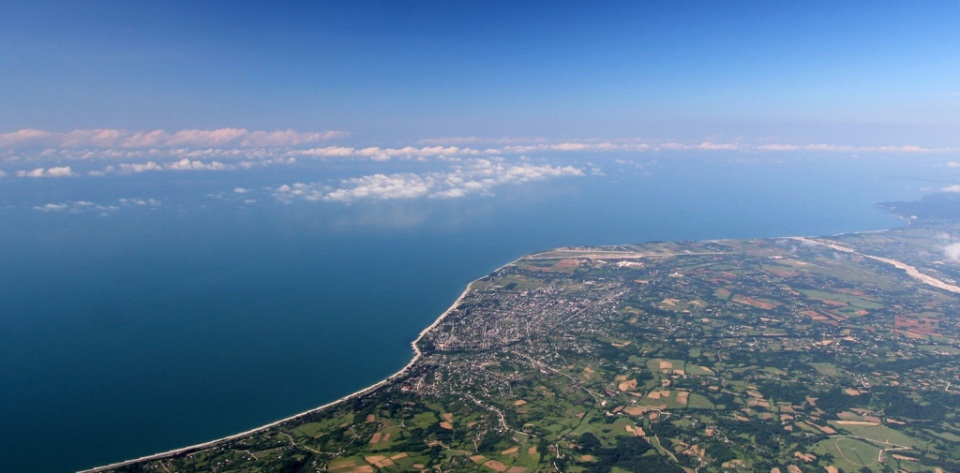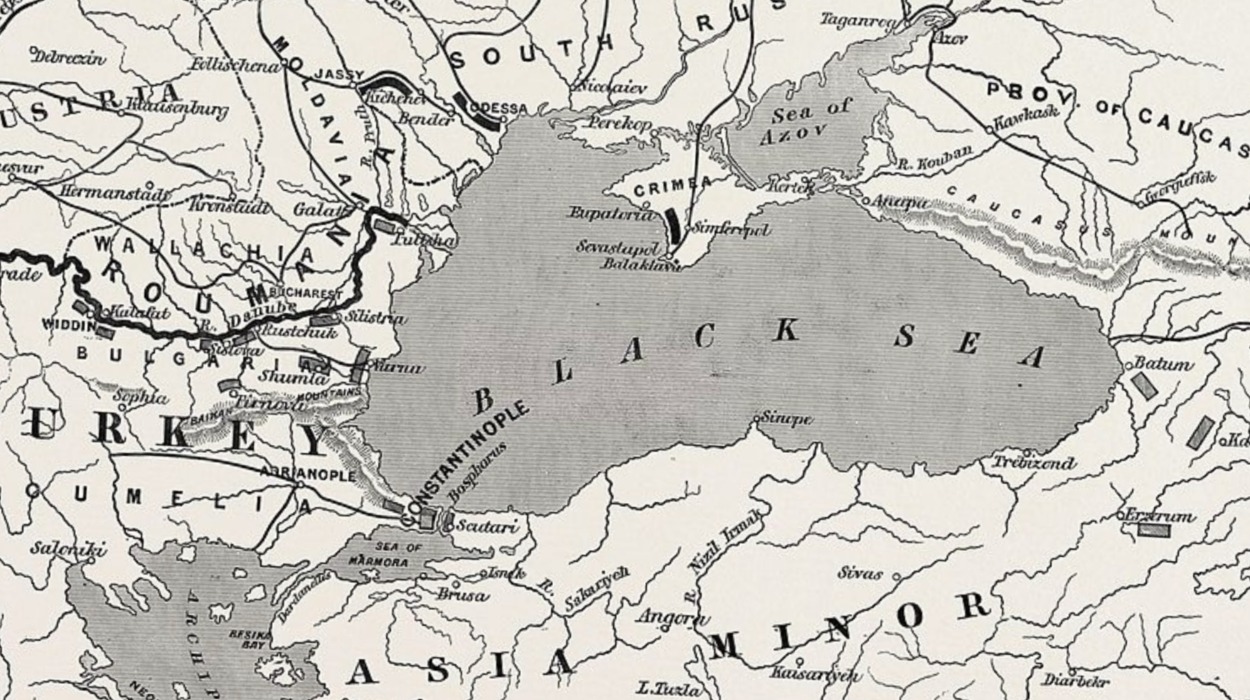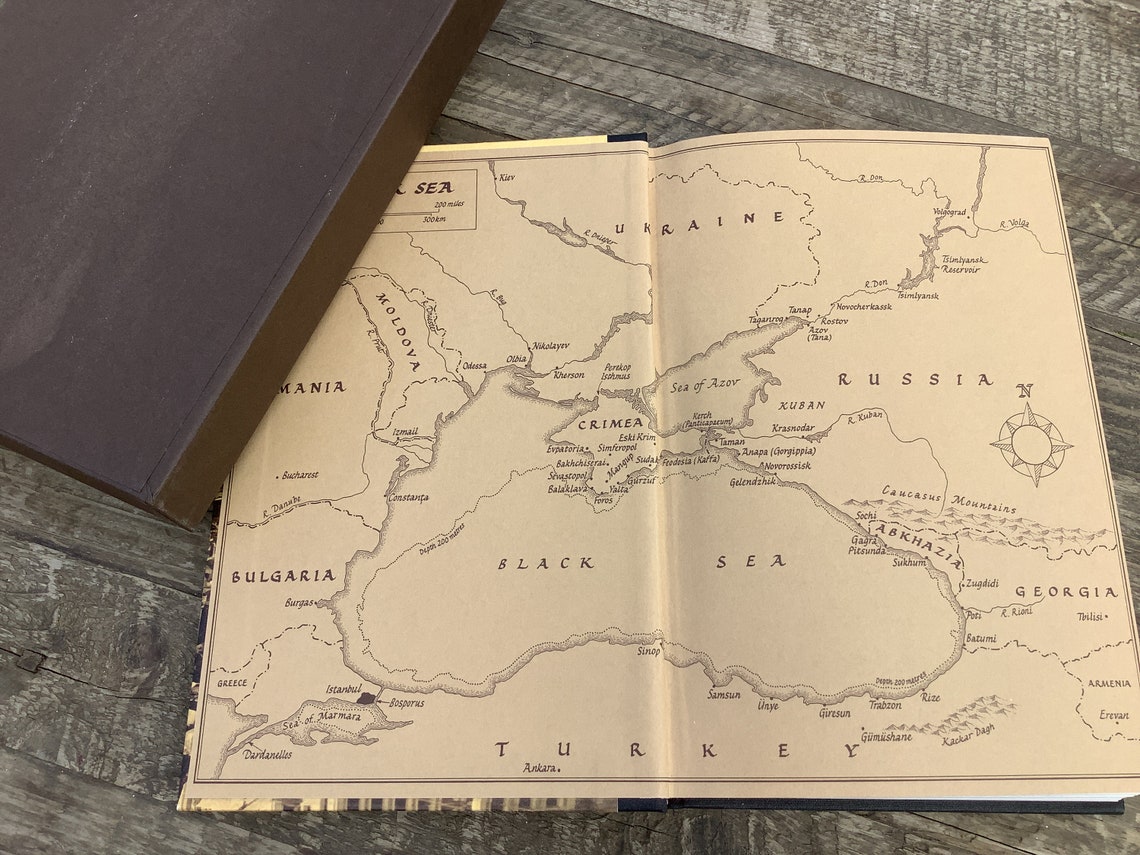
Ascherson combines a personal narrative with a historian’s insight, in a lyrical and philosophical examination of the place where ‘civilisation’ met ‘barbarism’ trader encountered nomad, and different worlds collided.

‘Like the terminal moraine of a glacier, the Black Sea shore is a place where the detritus of human migrations and invasions has been deposited for more than four thousand years’. This superb Folio Society Edition of Neal Ascherson’s history of the Black Sea. not a helpful model for the `multi-ethnic society' of our hopes and dreams.'' (Oct.Black Sea by Neal Ascherson was originally published in 1995, with this Folio Society edition published in 2011 and following the author's revised text of 2007, with minor emendations.

``My sense of Black Sea life,'' concludes Ascherson, ``a sad one, is that latent mistrust between different cultures is immortal. Around the once ``monstrously abundant'' Black Sea, peoples who disliked each other lived together, at best uneasily, at worst at war: Goths, Romans, Germans, Greeks, Turks, Jews, Russians, Persians, Asians and others.

Ascherson tells of obscure tribes, familiar heroes, lost languages, current politics and ancient hostilities as poisonous as the depths of the Black Sea itself. From his tales of its peculiar composition-in the depths beneath its upper stream of living water, it is the world's largest dead sea-to those of the myriad of peoples who have inhabited its coasts throughout time, his stories seem more fabulous than the Arabian Nights. If Ascherson (The Polish August) cannot pinpoint precisely where Xenophon's 10,000 soldiers were when, lost on the march home from Persia 2600 years ago, they saw the sea and thought they were home, there is little else he does not tell us in this exotic and seductive history of the Black Sea.


 0 kommentar(er)
0 kommentar(er)
